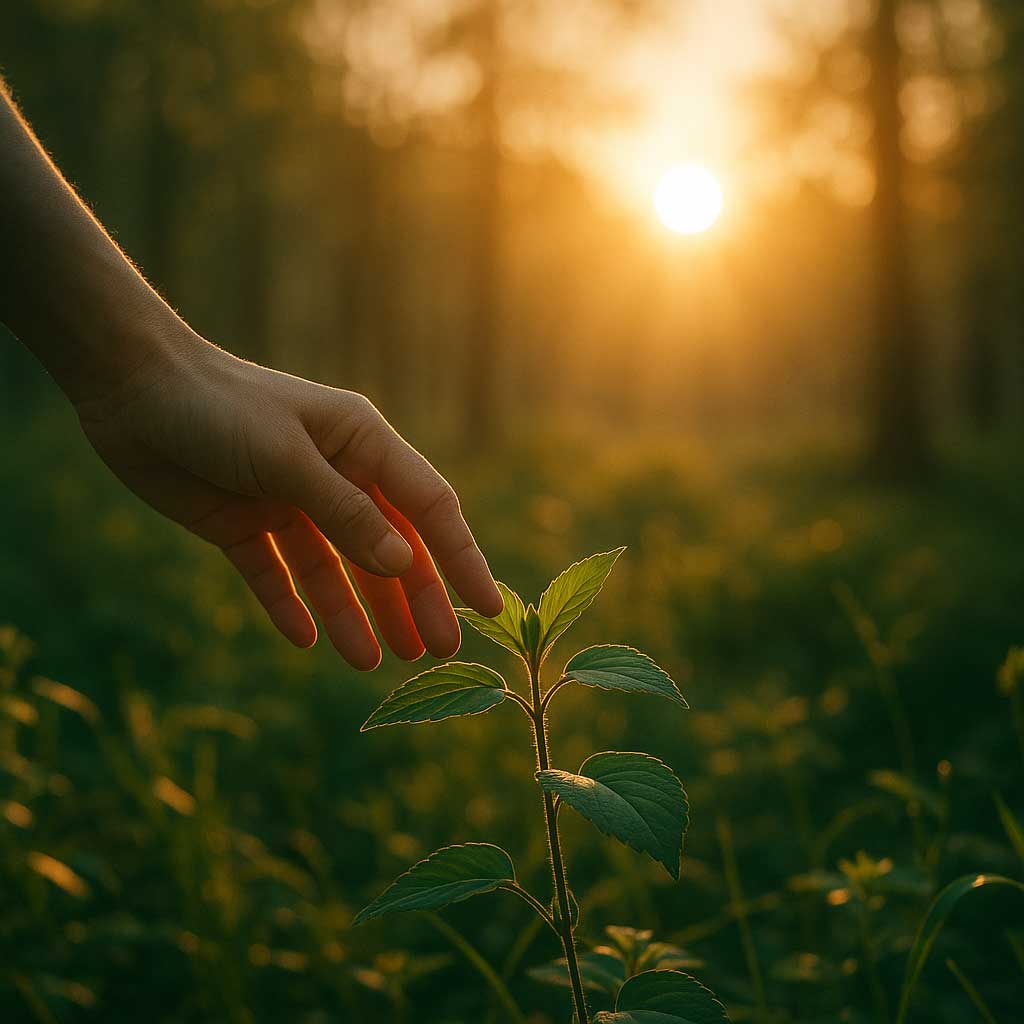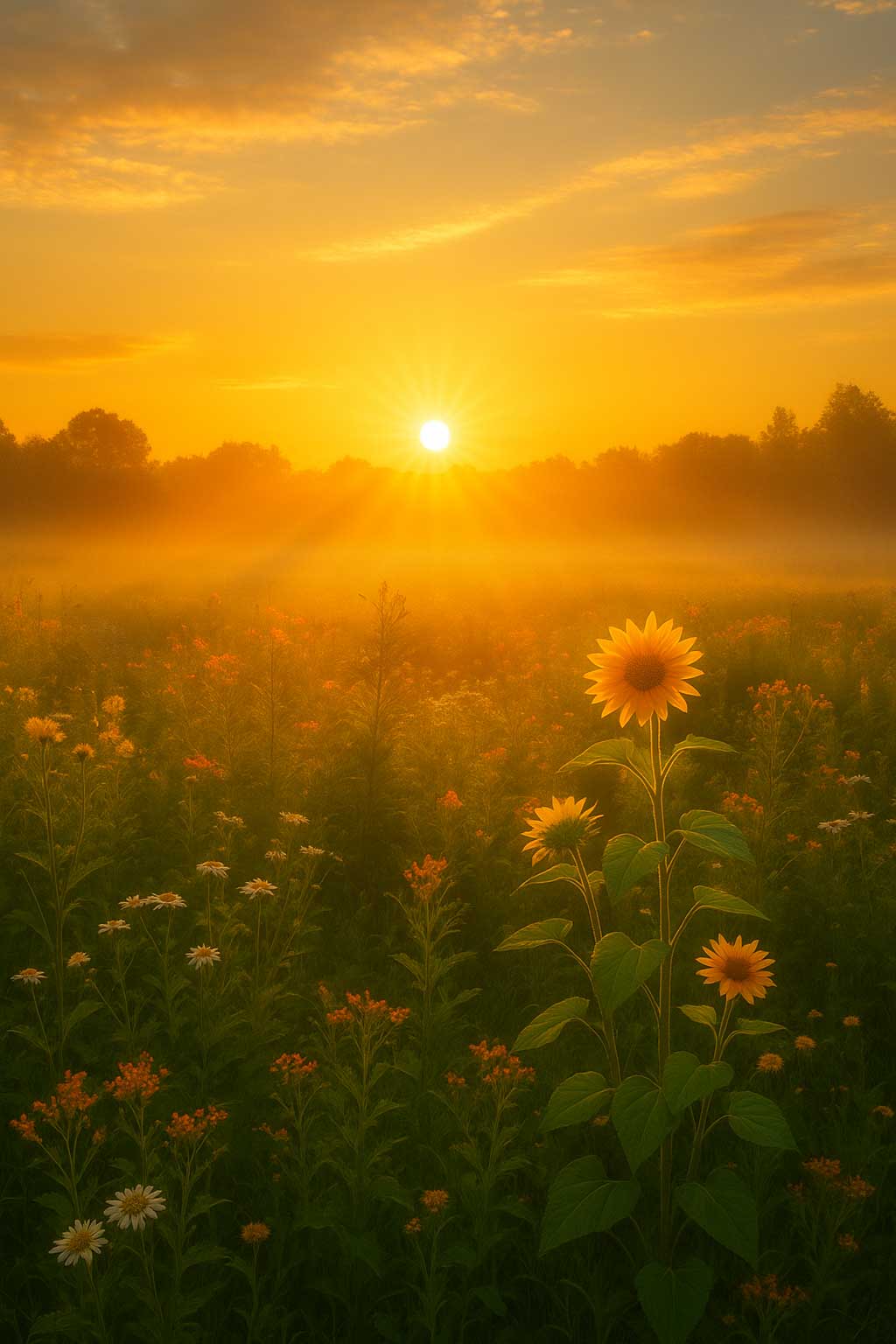How Magic Mushrooms Are Grown: Educational Overview, Legal Status & Key Considerations
Curious about how magic mushrooms are grown? Explore the cultivation process from an educational perspective, learn about the worldwide legal landscape, and discover key safety considerations—without promoting or instructing illegal activity.
Introduction
Magic mushrooms have captured the world’s attention for their unique psychoactive properties and their role in ancient rituals, modern research, and cultural discussions. As interest continues to grow, more people are curious about how these mushrooms are cultivated.
This article provides a neutral, educational overview of the cultivation process, legal considerations across different regions, and essential information about safety and research contexts.
⚠️ Important: This article does not provide instructions or encouragement for illegal activities. Instead, it aims to educate, raise legal awareness, and contribute to informed, responsible discussions on the topic of psilocybin mushrooms.
Legal Disclaimer
The cultivation, possession, and distribution of psilocybin-containing mushrooms are illegal in many countries and regions. Laws differ widely and may change over time. This article is provided for educational and informational purposes only. It does not constitute legal or medical advice, nor does it encourage or instruct illegal behavior. Always consult local laws and qualified professionals before making any decisions related to psilocybin mushrooms.
What Are Magic Mushrooms?
Magic mushrooms, scientifically known as psilocybin-containing mushrooms, are a group of naturally occurring fungi that contain psychoactive compounds. When consumed, these compounds can alter perception, mood, and cognition. Throughout history, they have been used in traditional ceremonies, spiritual practices, and more recently, scientific research exploring their potential therapeutic benefits.
The Active Compounds
- Psilocybin – converted by the body into psilocin after ingestion.
- Psilocin – the active form responsible for psychological and sensory effects.
These compounds interact with serotonin receptors in the brain, particularly the 5-HT2A receptor, influencing sensory processing, emotional regulation, and consciousness.
Common Species of Magic Mushrooms
- Psilocybe cubensis
- Psilocybe semilanceata (Liberty Cap)
- Psilocybe cyanescens (Wavy Caps)
- Psilocybe azurescens
These species grow naturally in different climates depending on humidity, temperature, and ecosystems.
Why People Are Curious About Cultivation
- Scientific or academic interest in fungal biology
- Legal policy shifts allowing research
- Comparing with legal mushroom cultivation
- Cultural and historical curiosity
Educational Overview of Magic Mushroom Cultivation
The cultivation of magic mushrooms involves fascinating biological processes similar to legal fungi. While cultivation is illegal in most countries, understanding these scientific principles helps in appreciating their biology and legal context.
1. The Role of Spores
Mushrooms reproduce through spores rather than seeds. Spores germinate under suitable conditions, forming hyphae. When two hyphae meet, they fuse into a mycelial network, which eventually gives rise to fruiting bodies.
2. Environmental Conditions
Key factors for fungal growth include sterility, humidity, temperature, air exchange, and light exposure. Researchers replicate natural conditions to study fungal development in controlled environments.
3. The Mushroom Life Cycle (Simplified)
- Spore germination
- Mycelium formation
- Fruiting body development
4. Legal & Research Cultivation Settings
In certain regions, licensed facilities legally cultivate psilocybin mushrooms for research or therapy. These are conducted under strict regulatory oversight, sterile conditions, and lab testing.
Legal Status of Magic Mushroom Cultivation Worldwide
The legal landscape varies worldwide. Most countries prohibit cultivation, but some allow exceptions for research, therapy, or cultural use. Always check the latest laws in your region.
- USA: Illegal federally; Oregon & Colorado have regulated frameworks.
- Europe: Netherlands allows truffles; Portugal decriminalized use but not cultivation.
- Canada: Research exemptions exist.
- Jamaica, Bahamas, Brazil: Legal or gray areas.
- Research licenses: granted in some countries for clinical trials.
Risks of Illegal Cultivation & Safer Legal Alternatives
1. Legal Consequences
Illegal cultivation can result in fines, imprisonment, and criminal records. Decriminalization does not mean legalization.
2. Health & Safety Risks
Contamination, misidentification, and inconsistent potency are major concerns in unauthorized cultivation.
3. Ethical & Social Considerations
Illegal activities can affect communities, disrespect cultural traditions, and undermine scientific integrity.
4. Legal & Safer Alternatives
Legal options include participating in licensed research, visiting retreats in legal countries, cultivating legal mushroom species, or exploring psilocybin truffles in the Netherlands.
Conclusion
Magic mushroom cultivation involves fascinating biology but remains illegal in most places. By focusing on education and legal pathways, individuals can stay informed and contribute positively to discussions on psychedelic science and culture.
Frequently Asked Questions (FAQs)
Is it legal to grow magic mushrooms?
In most countries, it is illegal. Some regions allow regulated cultivation under licenses.
Can I legally buy psilocybin spores?
Some jurisdictions allow spores for microscopy only. Others ban them entirely.
Are magic mushroom truffles legal?
Truffles are legal in the Netherlands but mushrooms are not.
What are the risks of illegal cultivation?
Legal penalties, contamination, misidentification, and ethical issues.
What are some legal alternatives?
Research programs, licensed retreats, legal mushroom species, and Dutch truffles.
Is psilocybin cultivation becoming more accepted?
Some regions are reforming policies, but personal cultivation remains mostly illegal.
Where can I learn more?
Academic research centers, official health agencies, and reputable educational sites.
References & Further Reading
- Johns Hopkins Center for Psychedelic & Consciousness Research
- MAPS – Multidisciplinary Association for Psychedelic Studies
- Global Drug Policy Observatory
- Erowid Psilocybin Mushroom Vault
MagicMushroomGummies Editorial Team — Educational Content.
Our team focuses on providing accurate, neutral, and legally compliant information about mushrooms, mycology, and evolving psychedelic research.
This article is for educational purposes only and does not promote illegal activities.






Leave A Comment